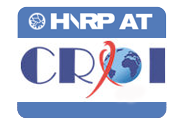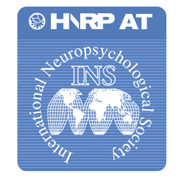Increased Risk of Neurological, Cognitive Deficits in Youth with HIV
UCSD professor and HNRP investigator Dr. Steven Woods co-authored a paper recently published in the Journal of Adolescent Health reporting the incidence of neurocognitive deficits in youth infected with human immunodeficiency virus (HIV) who were not receiving antiretroviral (ARV) treatment. The findings highlight that over two thirds of youth with behaviorally acquired HIV evidence neurocognitive deficits. Previous studies have shown that cognitive deficits are common in older HIV infected individuals, but this is the first time cognitive deficits have specifically been associated with HIV infection in youth.
Youth living with HIV account for over one third of new HIV infections and are at high risk of adverse psychosocial, everyday living, and health outcomes. These findings support the potential importance of early treatment with ARVs to maintain cognitive health in addition to physical health.
Click Here to read the Medical Xpress article announcing this publication.
To Cite:
Nichols SL, Bethel J, Garvie PA, Patton DE, Thornton S, Kapogiannis BG, Ren W, Major-Wilson H, Puga A, Woods SP. 2013. Neurocognitive Functioning in Antiretroviral Therapy-Naïve Youth With Behaviorally Acquired Human Immunodeficiency Virus. J Adolesc Health. Epub Aug. 21.






